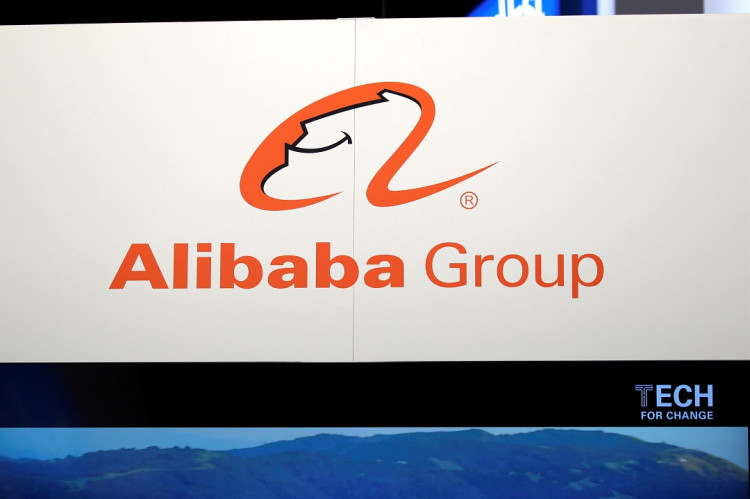Sources with knowledge of the much-anticipated Hong Kong listing of Chinese e-commerce giant Alibaba revealed that the company may list its shares at home ground by the end of November or early December.
According to China Daily, Alibaba is expected to raise up to $15 billion through the listing since many investors already have experience with the stock, making it easier to secure agreements during investor meetings.
The Chinese online retail crown jewel is already listed under the New York Stock Exchange, but a dual listing is expected to boost the stock further and should also help pull up the Hong Kong Stock Exchange after the bourse trailed behind the NYSE and the Nasdaq this year.
If the late November listing does take place as revealed by insiders, traders and market analysts can expect Alibaba to list its shares after the Singles Day on November 11 settles down.
Industry experts are looking closely at how the Alibaba HK listing will impact the region's financial system, including the Hong Kong Interbank Offered Rate (HIBOR). If the HIBOR is lifted through the e-commerce leader's listing, the Hong Kong dollar is also expected to strengthen against the U.S. dollar.
Alibaba's "homecoming" has been the talk in global markets since news of the HK listing came around in August. At that time, experts said the company would be a huge call to other non-China listed Chinese firms to tread the way back home.
To date, Alibaba has not been moved as the world's largest initial public offering (IPO) when it listed under the NYSE five years back. It also has a market capitalization of around $460 billion and has been aiming for global expansion.
Meanwhile, Alibaba is set up for a huge month aside from its reported listing homecoming. The company is expecting around 100 million more consumers to shop through the Taobao and Tmall online platforms during the Singles Day festival.
According to the South China Morning Post, the online retail company also said it is expecting around 500 million shoppers in a single-day event during the November 11 shopping spree.
President of Taobao and Tmall, Jiang Fan, noted that this year, the company is focused on attracting more people to participate in the shopping festival. He said they are looking to "generate social value" instead of the high gross merchandise value (GMV).
Alibaba has helped improve the Chinese economy, along with other online retail companies in the country. For the first six months of 2019, retail sales accounted for 60 percent of China's economic growth.





